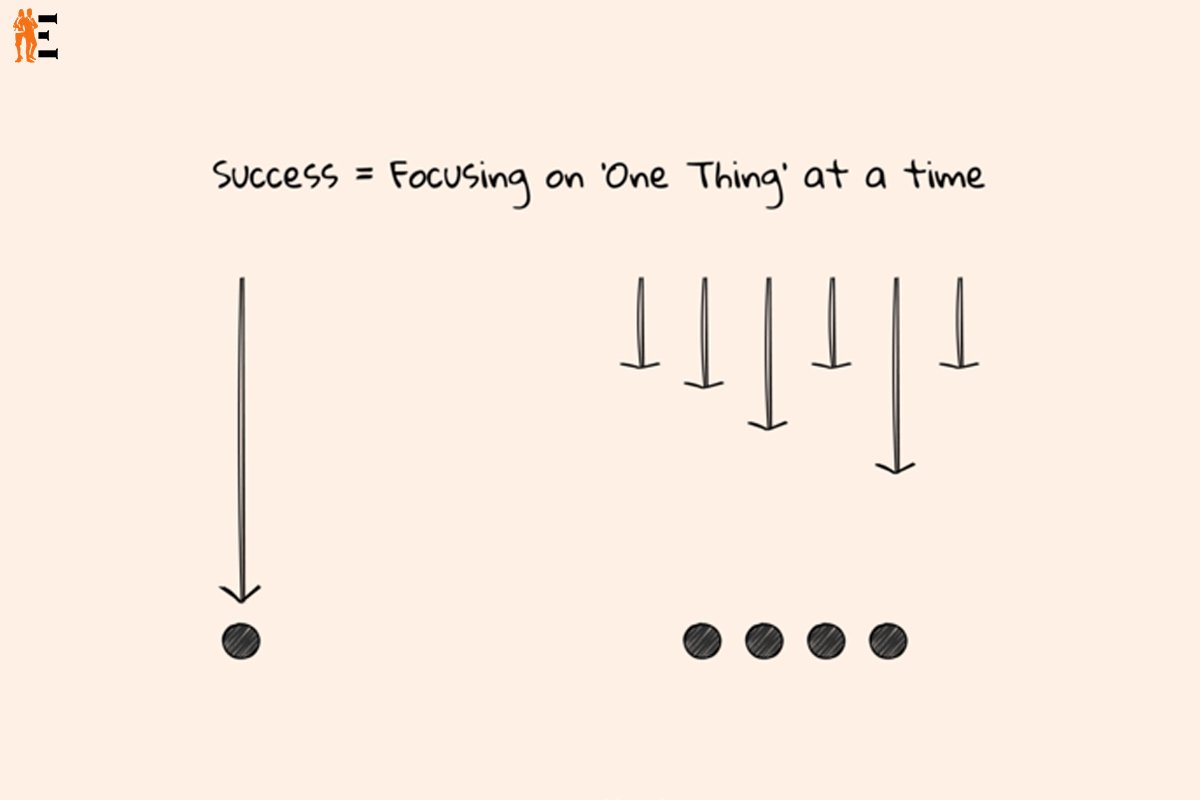Productivity is back in the spotlight because the world is moving faster and we need to speed up our work (and life) to keep up. During the Industrial Revolution, factory owners talked about this topic. Now, it’s up to each person to try out and use the best productivity strategy that will get more done in less time.
The 15-Minute Routine of Anthony Trollope followed a 15-minute writing routine and wrote over 47 novels, as well as nonfiction and plays.
But people have been thinking about productivity and efficiency since the beginning of time. Well-known researchers, scientists, and writers are known for coming up with their own ways to get things done on the spot. Anthony Trollope, a British author, was no different. The 15-Minute Routine of Anthony Trollope followed a 15-minute writing routine and wrote over 47 novels, as well as nonfiction and plays.
Here is The 15-Minute Routine of Anthony Trollope;
Anthony Trollope was born in the 1800s, just before the Victorian era began. He lived during a very important time in British history and literature. Jane Austen, Mary Shelley, and Charles Dickens were all writing their most famous books at the same time. The battle of Waterloo had just happened, and Darwin’s Origin of Species was making people question their beliefs.
Trollope was both a new author and a civil servant at a time when neither was easy. He was able to keep up with two very different careers at the same time, and he did well in both of them. His writing was known during his life and after he died. The first book in his Chronicles of Barsetshire series sold more than 1,000 copies, which was a big deal at the time.
But how did that man work two jobs and do well at both of them from his twenties to his forties? It was all because he wrote every day for 15 minutes.
1. Making time to do the job
Trollope’s main job was as an inspector for the post office. If he wanted to write, he would have to fit it in between his other responsibilities. I think he said something like, “If it’s important to you, you’ll find the time for it,” which is one of the most famous lines from life coaches.

So, from 5 to 8 a.m. every morning before work, he spent three hours writing. His autobiography says that he paid extra for a servant to wake him up with a cup of coffee at that time.
2. Keeping track of how long a task takes
Anthony Trollope set aside a specific time for writing (called “time blocking”) and was determined to make the most of those three hours. He didn’t have much time to write, and he didn’t want to waste any, so he used a pocket watch to keep track of the time.

After spending half an hour reading his last draft, he would write 250 words every 15 minutes without stopping like in the 15-Minute Routine of Anthony Trollope. With this kind of work, a person could write about ten pages a day and finish about three books a year.
3. Getting one thing done at a time
Trollope’s routine makes all “new” productivity hacks and tips seem like common sense. He stopped doing anything other than writing during those three hours. Without any fancy tools or tricks, he would put all of his attention on that one important task and get the most done in 1/8 of his day.

Applying the 15-Minute Routine of Anthony Trollope to any task
Even though Trollope’s routine was created to make his writing hobby possible, it can be used for most, if not all, hobbies and tasks that a person wants to take on.
Here’s how to use 15-Minute Routine of Anthony Trollope to make yours better:
1. Use the time-blocking method
Leaving things for “when you have time” or “when things change” is the way to fail. The time-blocking method is the best way to make sure you’ll finish a task.
The good news is that my team is always working to make Akiflow the best tool for time blocking. Try out our tool if you need that extra push to start using this method. Never has it been so easy to keep track of time.
2. Find a way to be accountable to yourself.
Anthony Trollope always got to his writing time on time because he paid his servant to wake him up. Since then, things have become much easier and less expensive. Now, all we have to do to get the same result is set an alarm.
But if getting up earlier isn’t enough to make sure you do your chosen task, you need to find other ways to hold yourself accountable. You can ask a friend to check in on you from time to time or even bet some money to make it too painful to fail. Find ways to stick to your goals no matter what it takes.
3. Keep a record of your progress.
“When I started a new book, I always made a weekly schedule and stuck to it for as long as I gave myself to finish the work.” – Anthony Trollope’s autobiography. Consistency is important, but you must also follow up. Keeping track of how your task is going is important to keep you motivated and give you a better idea of how well you are doing.
BOTTOM LINE
Trollope wrote 40 books by putting his full attention on each one for 15 minutes at a time during three-hour writing sessions. If he did that while working full-time in the 1800s, how much can you do in 15 minutes? Ask yourself 15-Minute Routine of Anthony Trollope is possible for you.
His and many other examples of how productive people used to show us that we can get a lot done if we set our minds to it and use the right tools and strategies to help us along the way. I’m a big fan of time-blocking, and much of how I do my work is based on how Trollope did it and split it into several short sessions. Productivity doesn’t have to be hard to do; it comes naturally.
Also Read: Incredible Work Ethic of Albert Einstein











